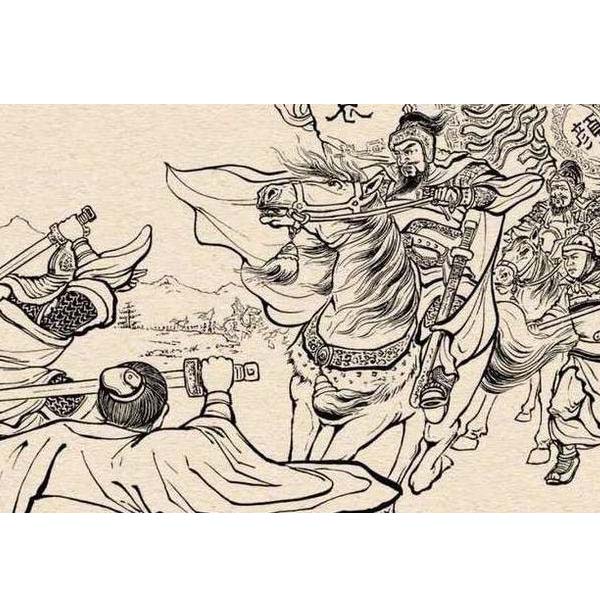We have two anecdotes for this issue.
Around 1453 (Ming Dynasty), when Xu Pu (徐溥) was still a student, he placed two bottles at the side of his study table. He also prepared black and yellow beans to drop into each bottle.
Whenever he had a good idea, uttered a good word and exercised a good deed, he would drop a yellow bean into one of the bottles. And whenever he had a bad idea, uttered a bad word and exercised a bad deed, he would drop a black bean into the other.
He would count the beans in each bottle after several months to determine his words and deeds.
Initially, the black beans outnumbered the yellow beans. Thus, Xu Pu went into deep self-reflection.
After some time, he counted the beans again. This time, the yellow beans equaled the black beans.
Xu Pu became even more rigorous in disciplining himself. He studied hard the books of sages, becoming cautious in his words and deeds.
Eventually, the yellow beans exceeded the black beans. Yet, Xu Pu persevered in enhancing his self-discipline, remaining cautious in his words and deeds daily, even when he had become a minister of the Ming court.
Also famous for being upright and honest was Li Gang (李綱) of the Song Dynasty. When he left his office as minister supervising the administration of horses in the capital, he returned all the gifts he had received, refusing to keep a single yuan.
One time, Li Gang encountered robbers on his way to Jizhou (冀州, now Hebei province) where he was to take his new office. His attendants surrendered his luggage to the robbers.
But when the robbers found out that it was Li Gang they were trying to rob, one of them told his companions: “Li Gang would not have any gold, silver and wealth.”
They left without opening Li Gang’s luggage.
Categories
Upright and honest leaders





